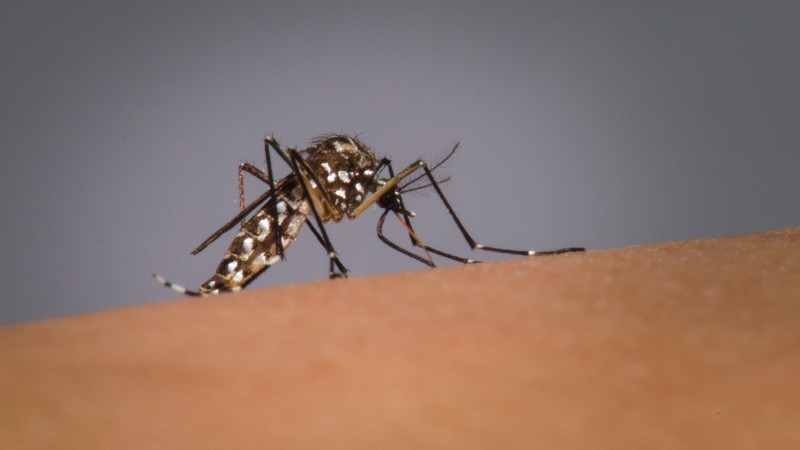In two years, the municipality of Ortiguera, with a population of more than 21,000 in the central region of Paraná, has reduced the presence of Aedes aegypti by 99% and the number of dengue cases by 95%. The city was part of a study recently published in the scientific journal The Lancet, one of the most important in the world in this sector.
This result was possible thanks to the release in the area of sterile male mosquitoes, which were developed in the laboratory, and which prevented the reproduction of the species, explains biologist Deborah Oliveira, general manager of the company responsible for the work.
As the numbers of mosquitoes that transmit dengue have decreased, so have cases of the disease in the region. Compared to neighboring cities, which have maintained high transmission rates observed in the rest of Paraná, Ortigueira had 97% fewer cases. In addition to being effective, the director points out that this technology is also safe and does not have harmful effects on human health, like other methods of controlling mosquitoes, such as the use of insecticides for example.
See more:
This technology was developed by Forrest Brasil, with support from the Municipality of Ortigueira and Klabin. The experiment has also passed through Jacarezinho and is being carried out in Jaguariaíva, towns in Pioneiro North of Paraná. In total, more than 82 million sterile mosquitoes were released in the three cities. In addition to affecting the health of the population, disease control also mitigate costs. Across Brazil, more than R$2.3 billion of SUS resources are used annually in the fight against dengue.
Reporter: Amanda Yargas

“Writer. Analyst. Avid travel maven. Devoted twitter guru. Unapologetic pop culture expert. General zombie enthusiast.”


